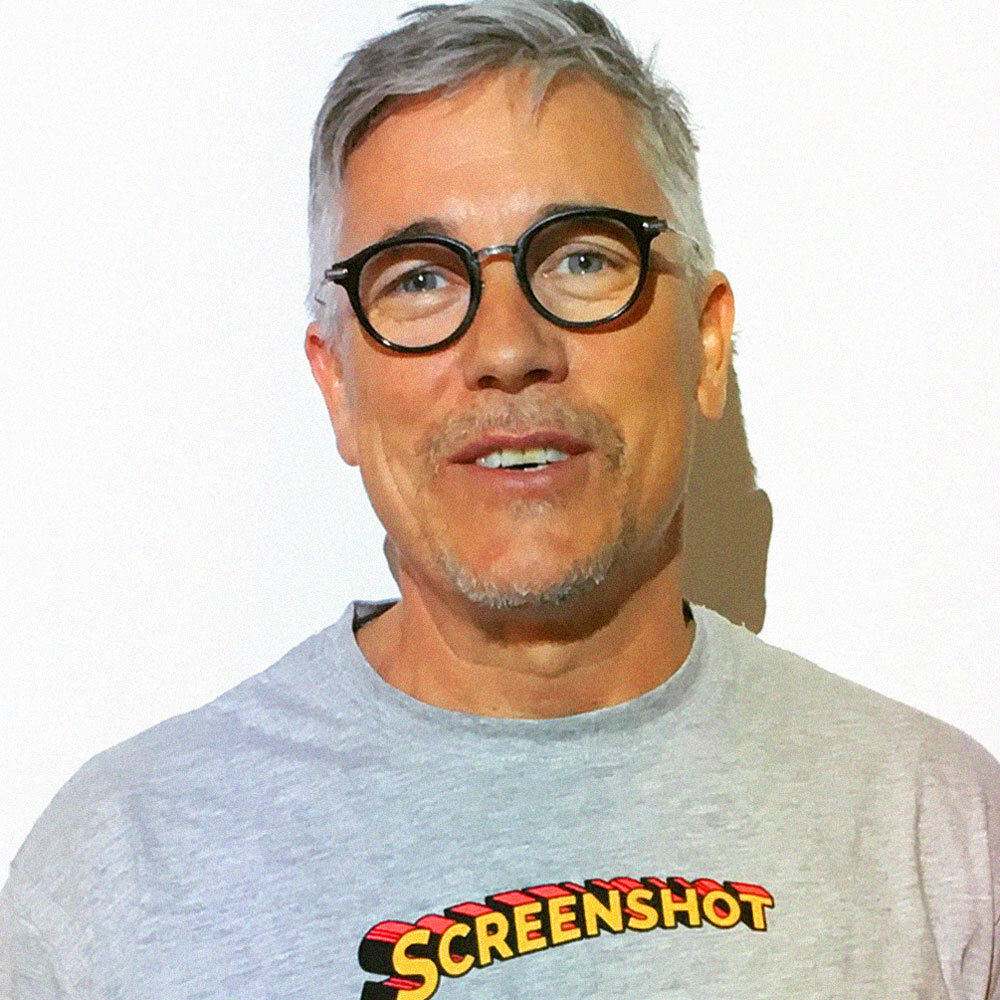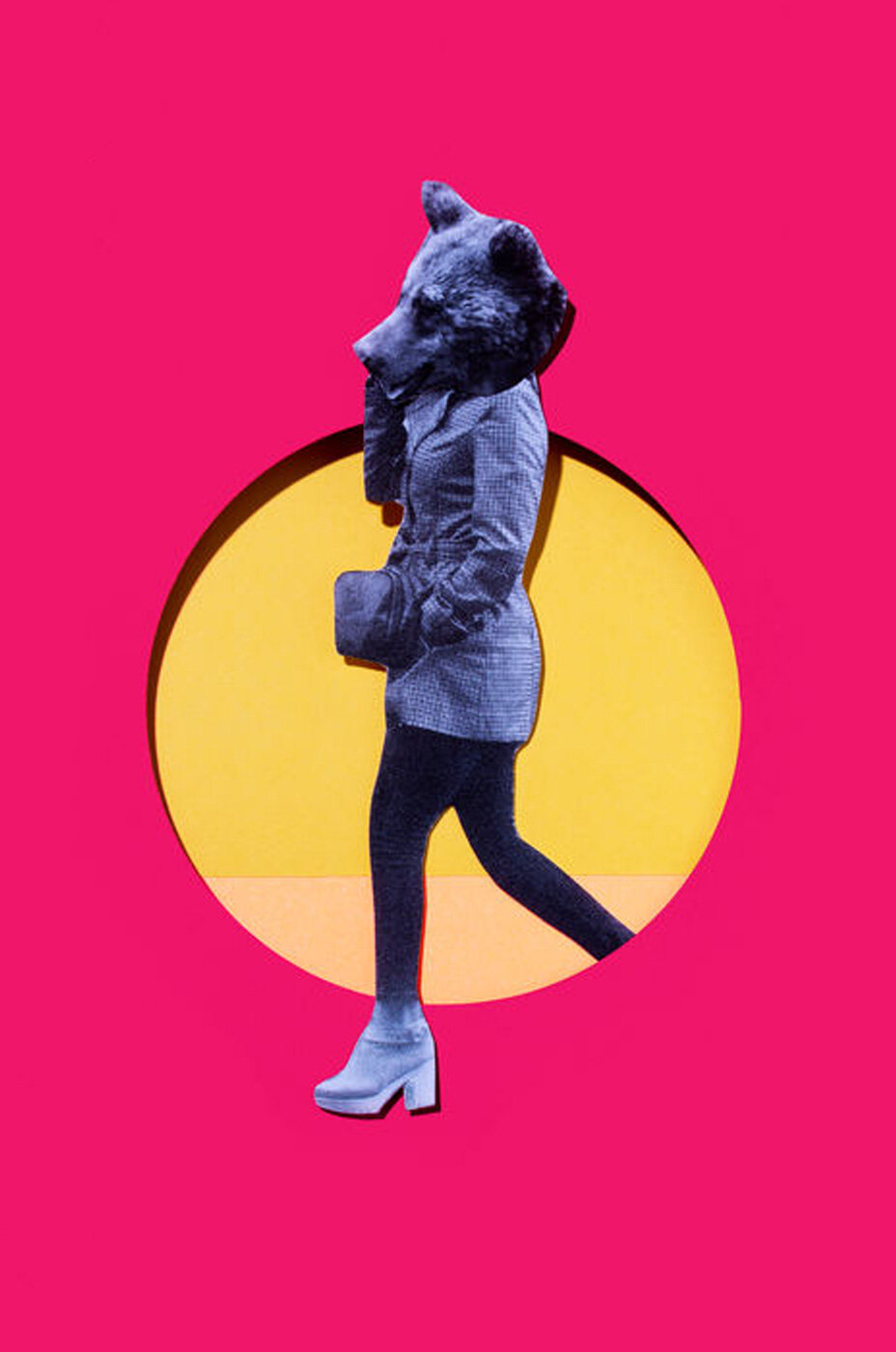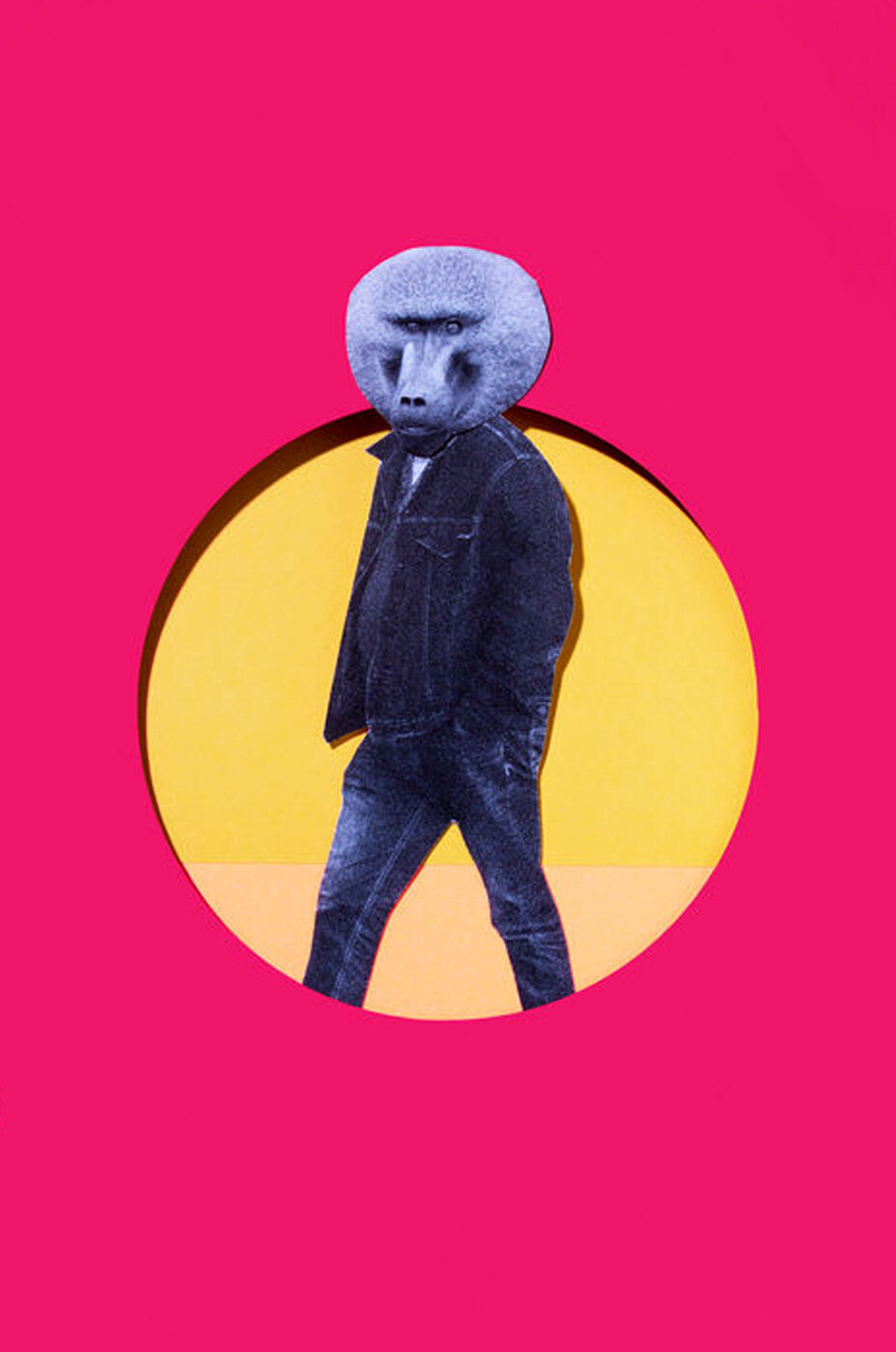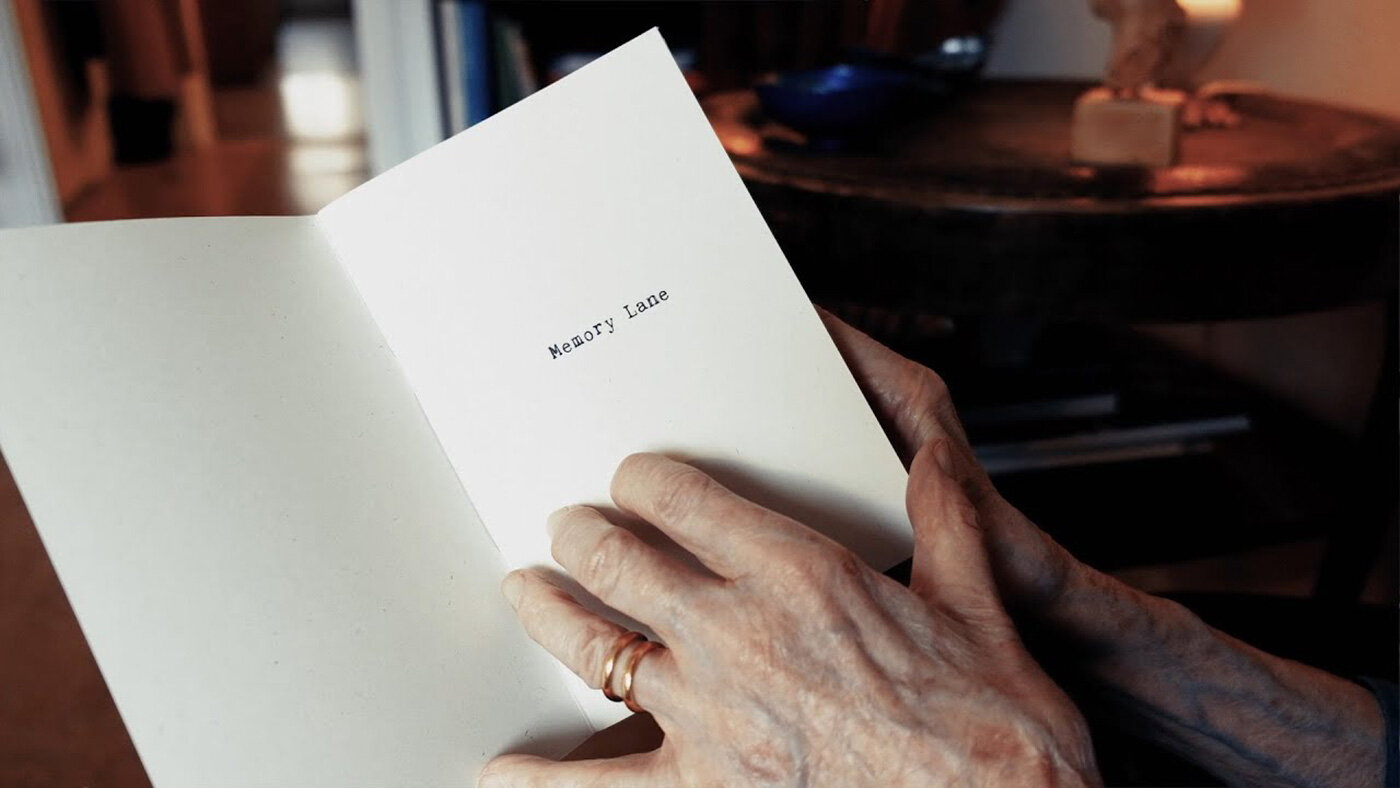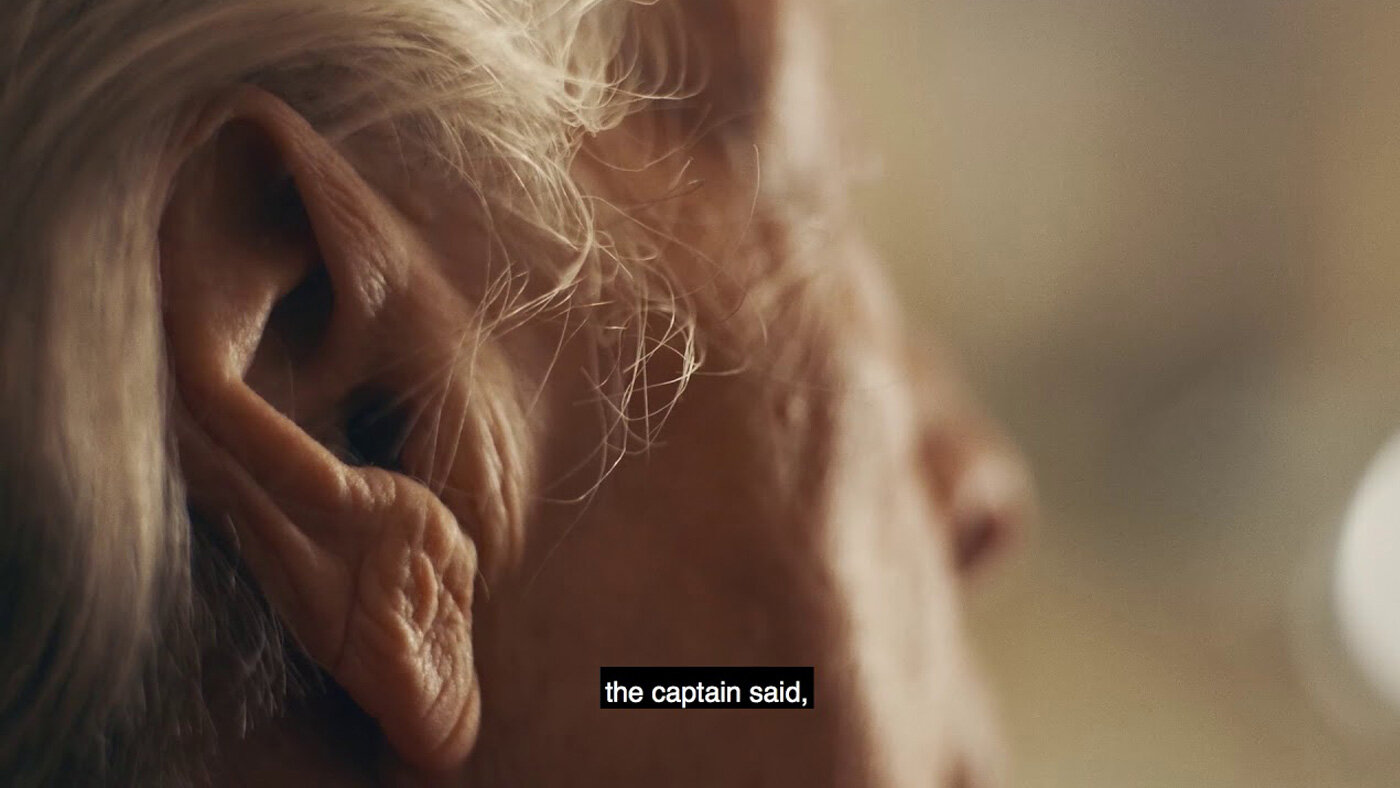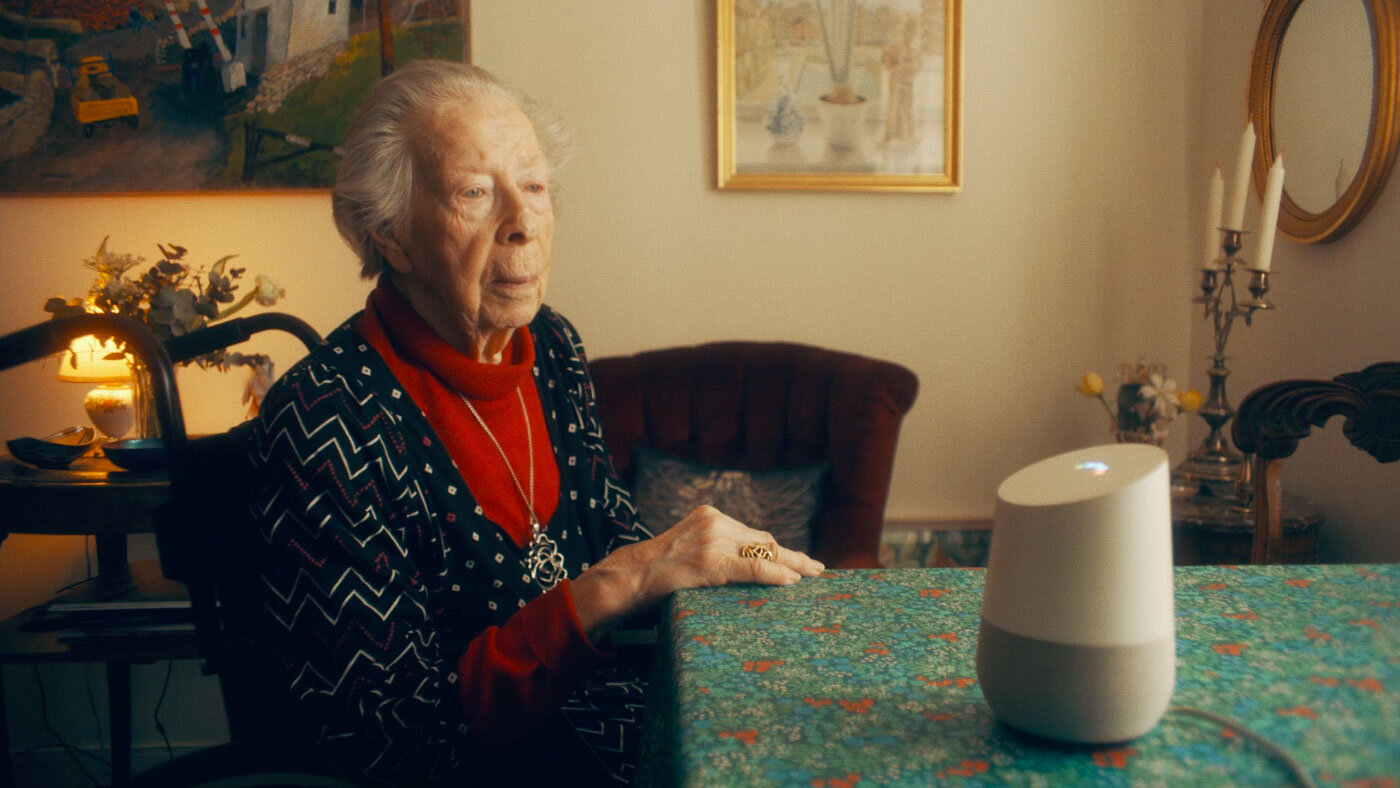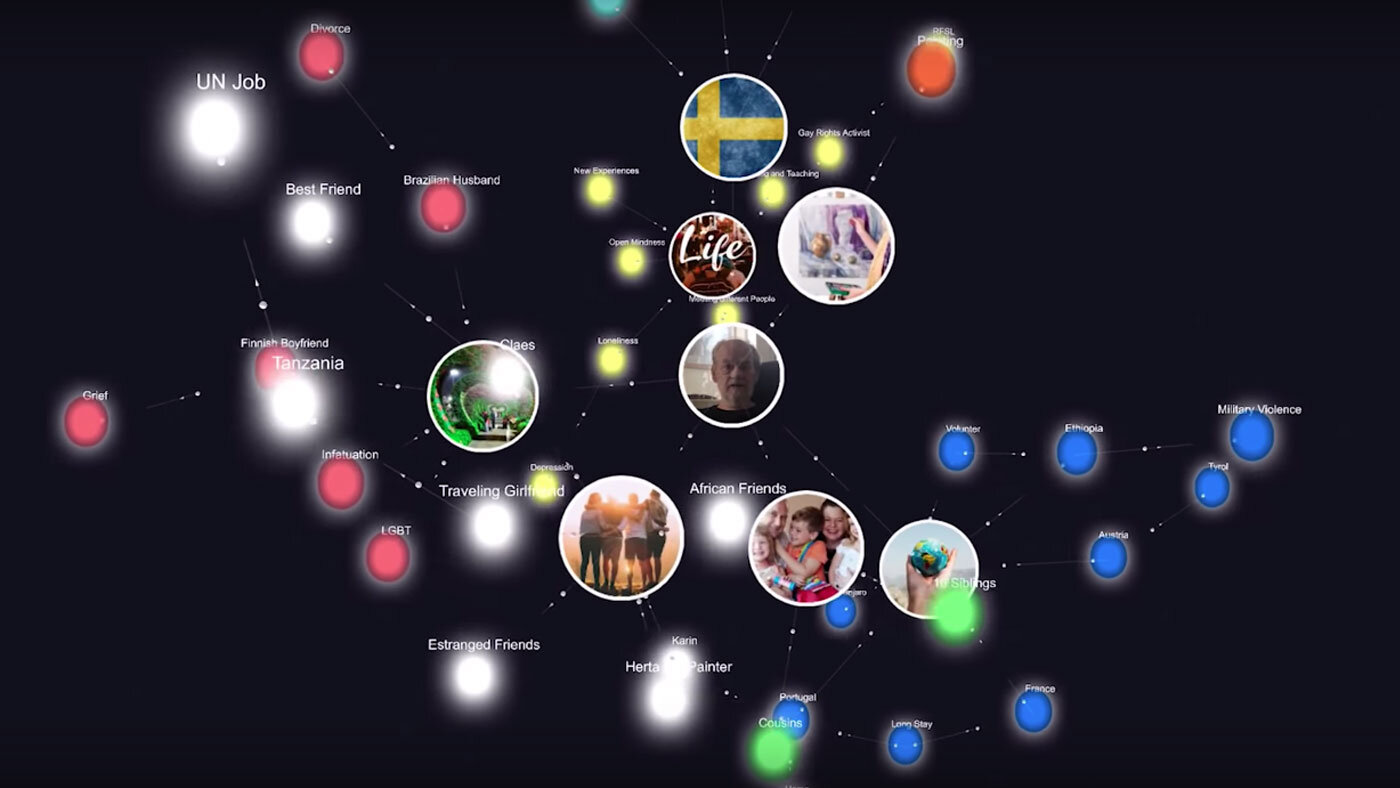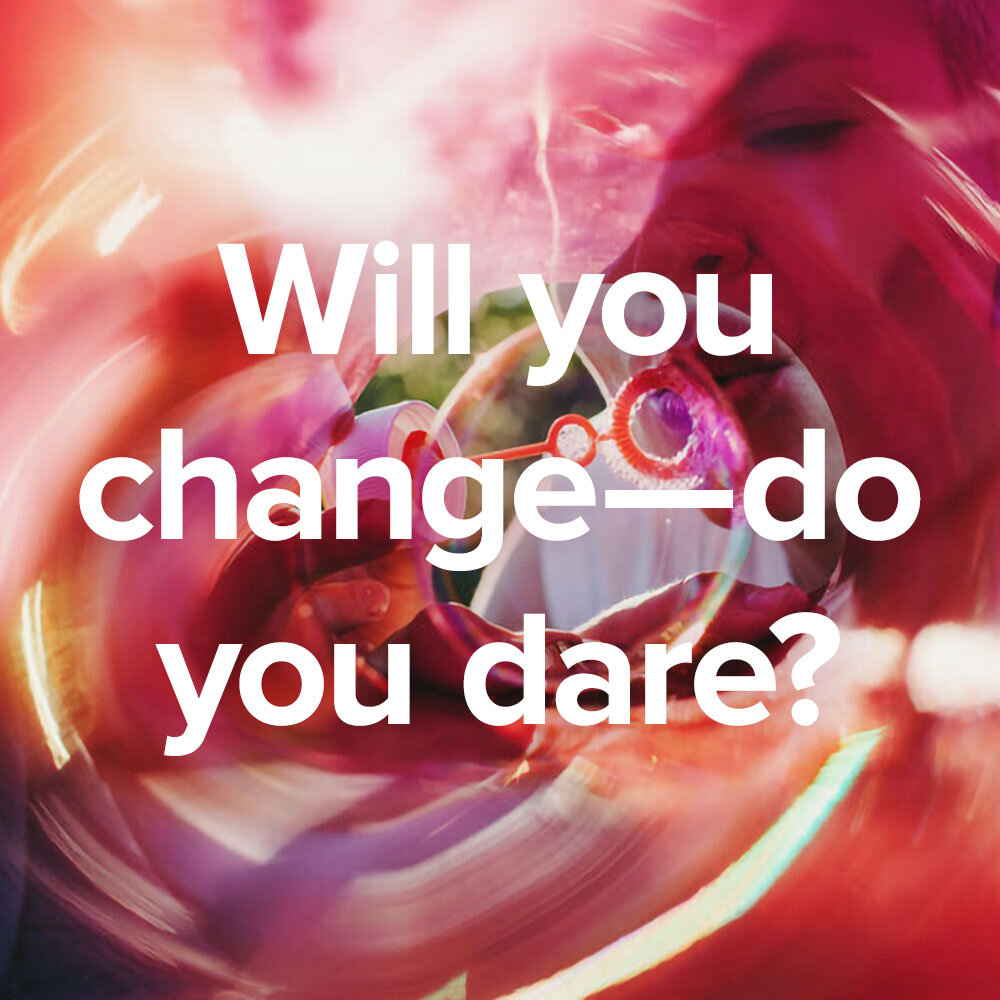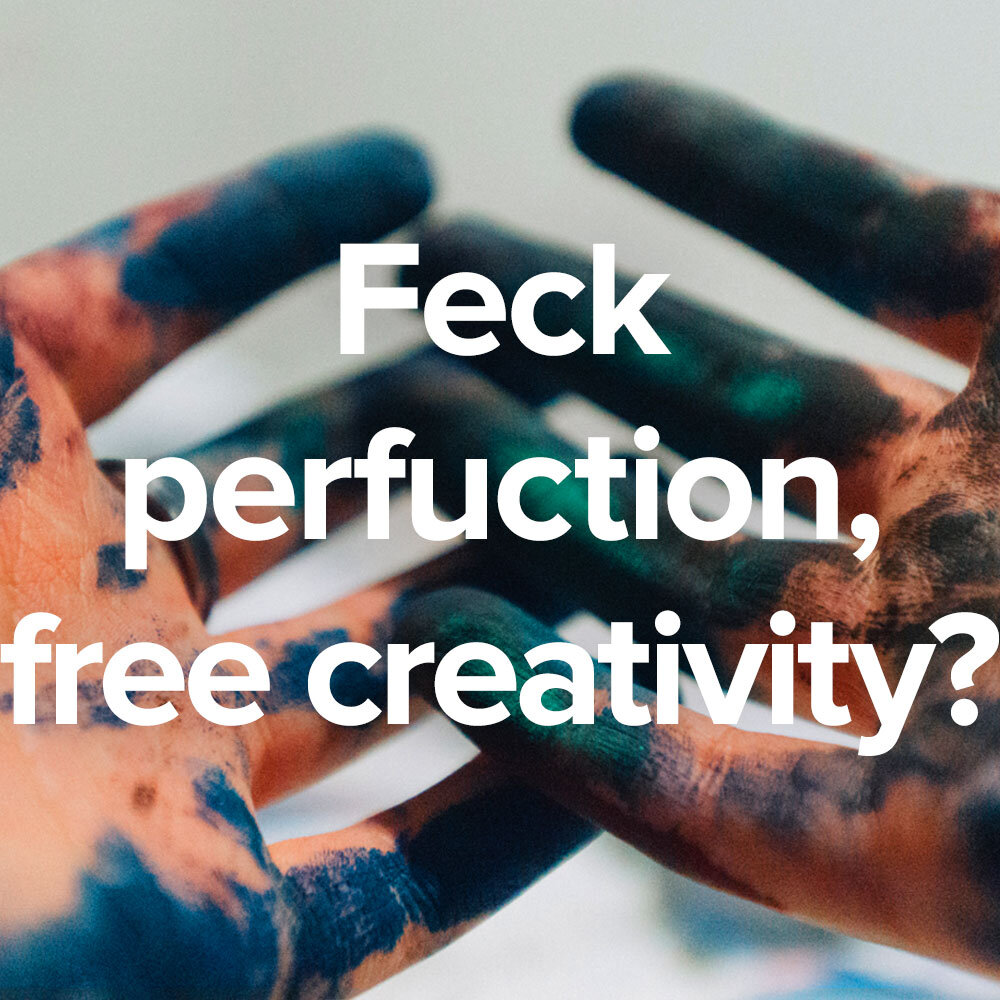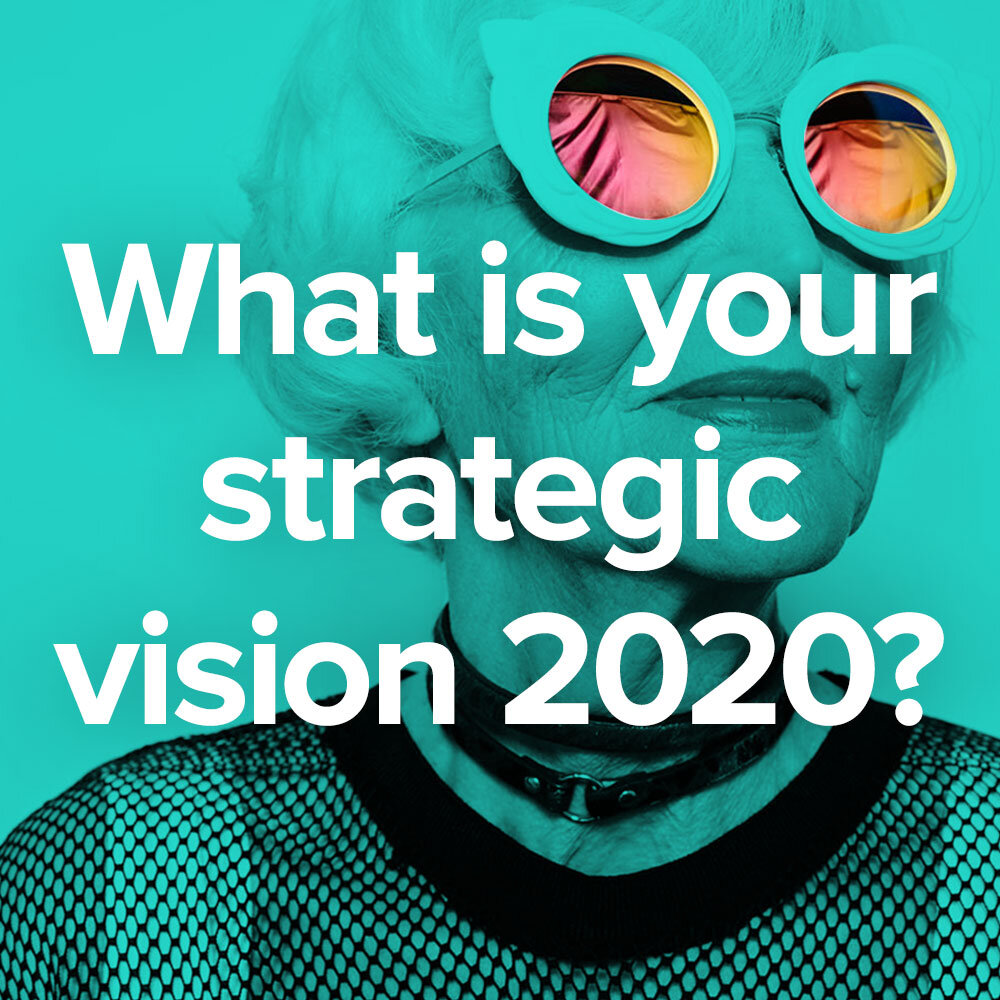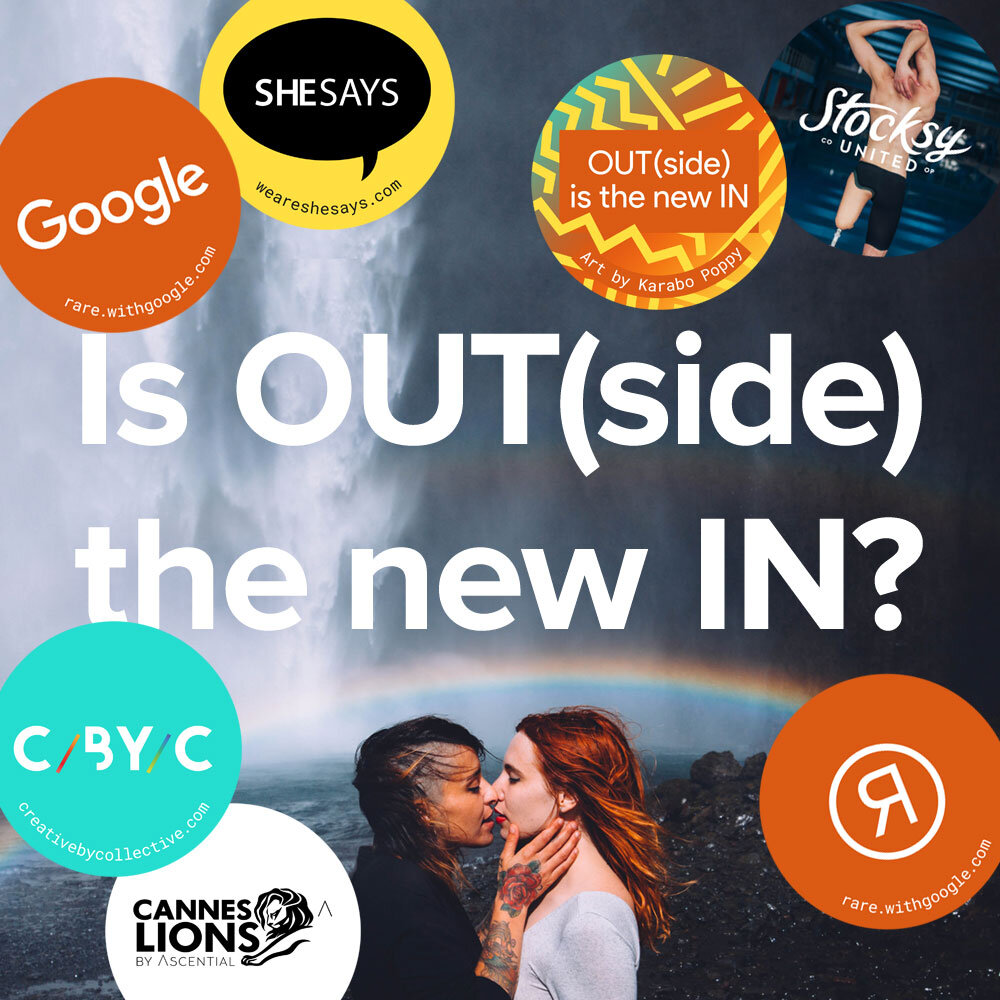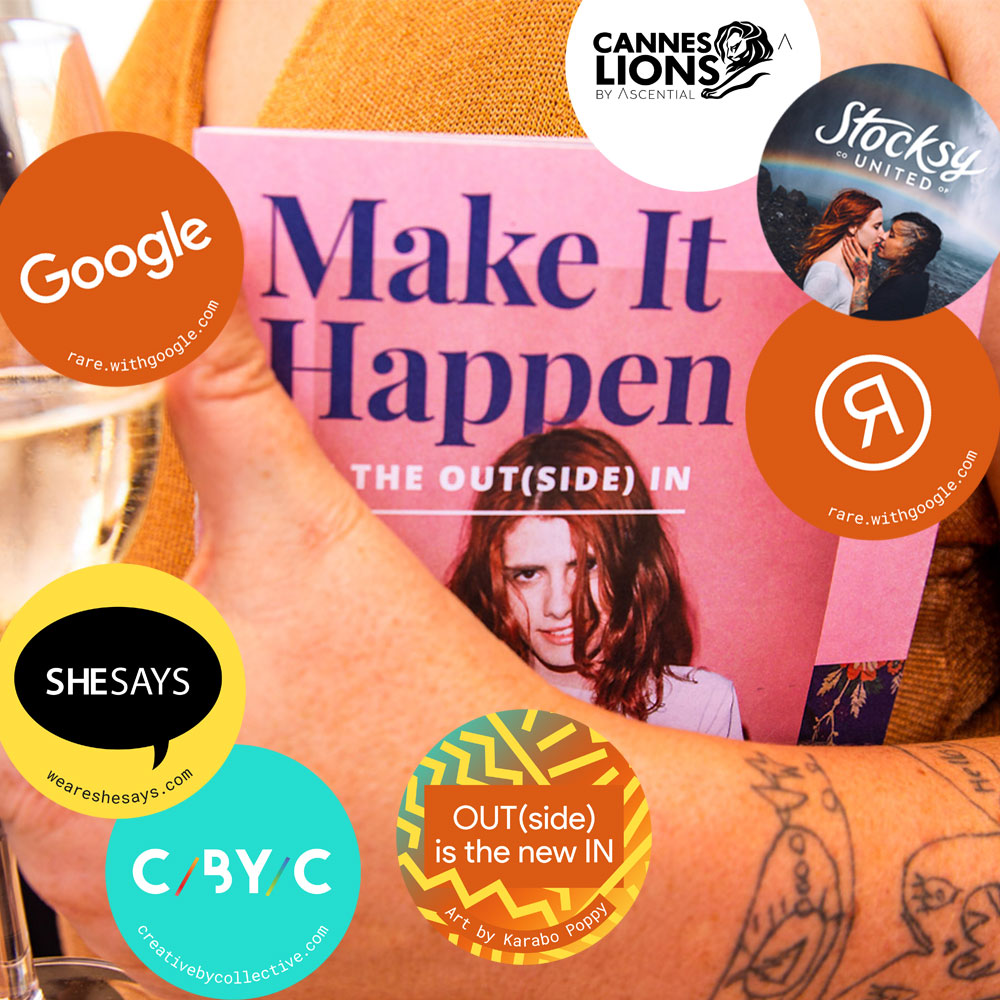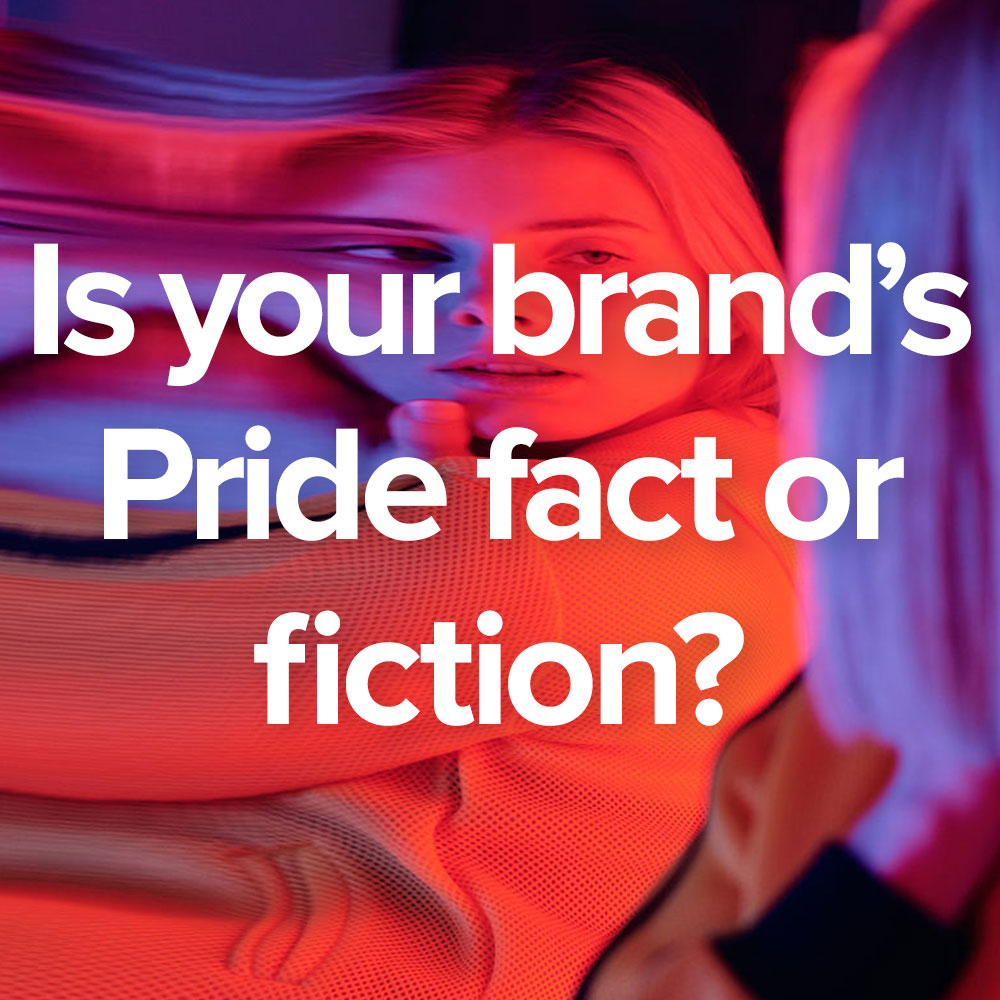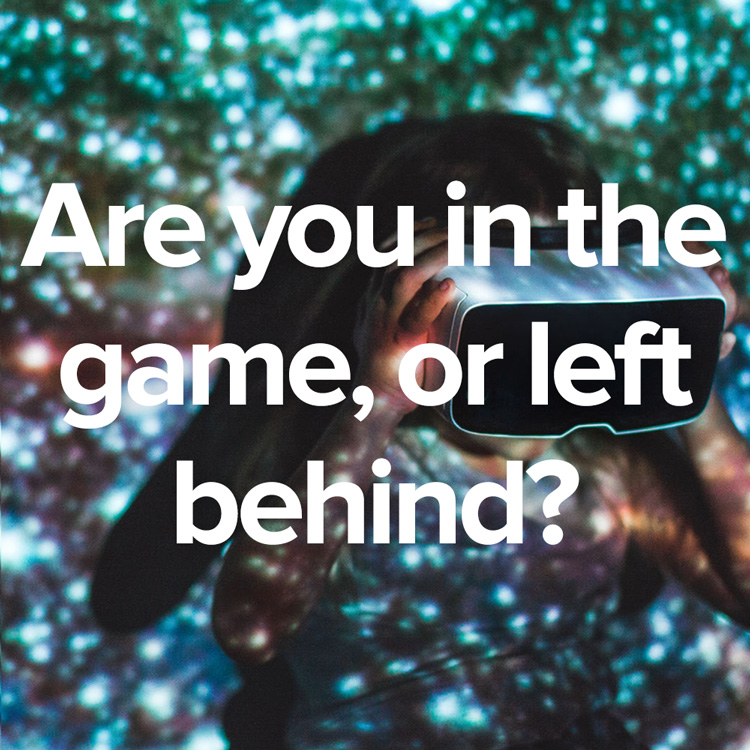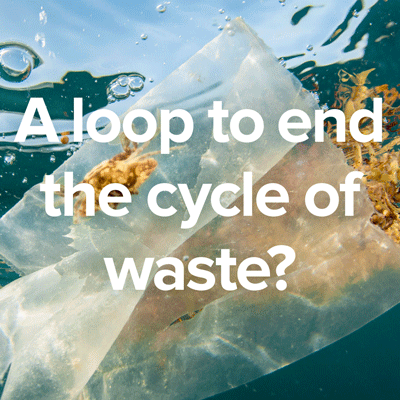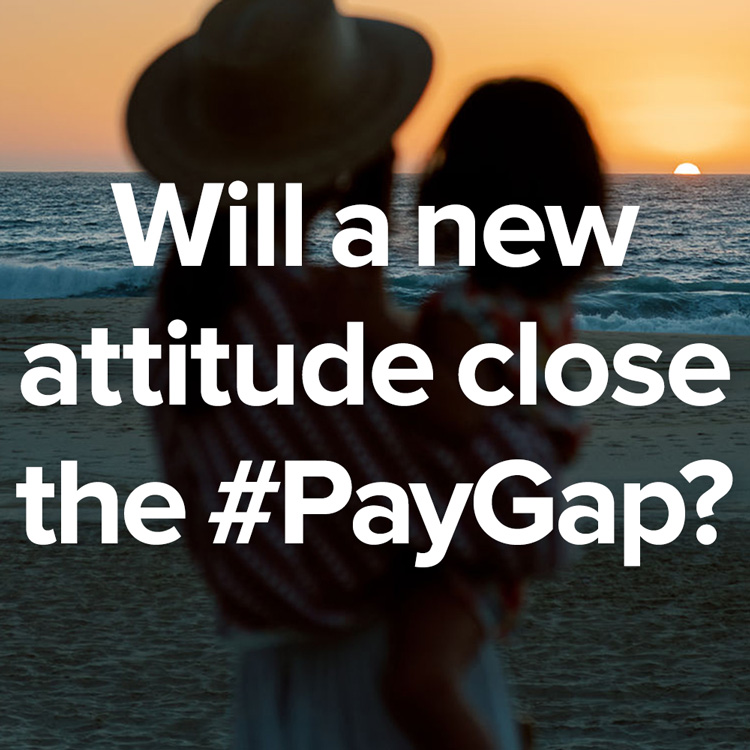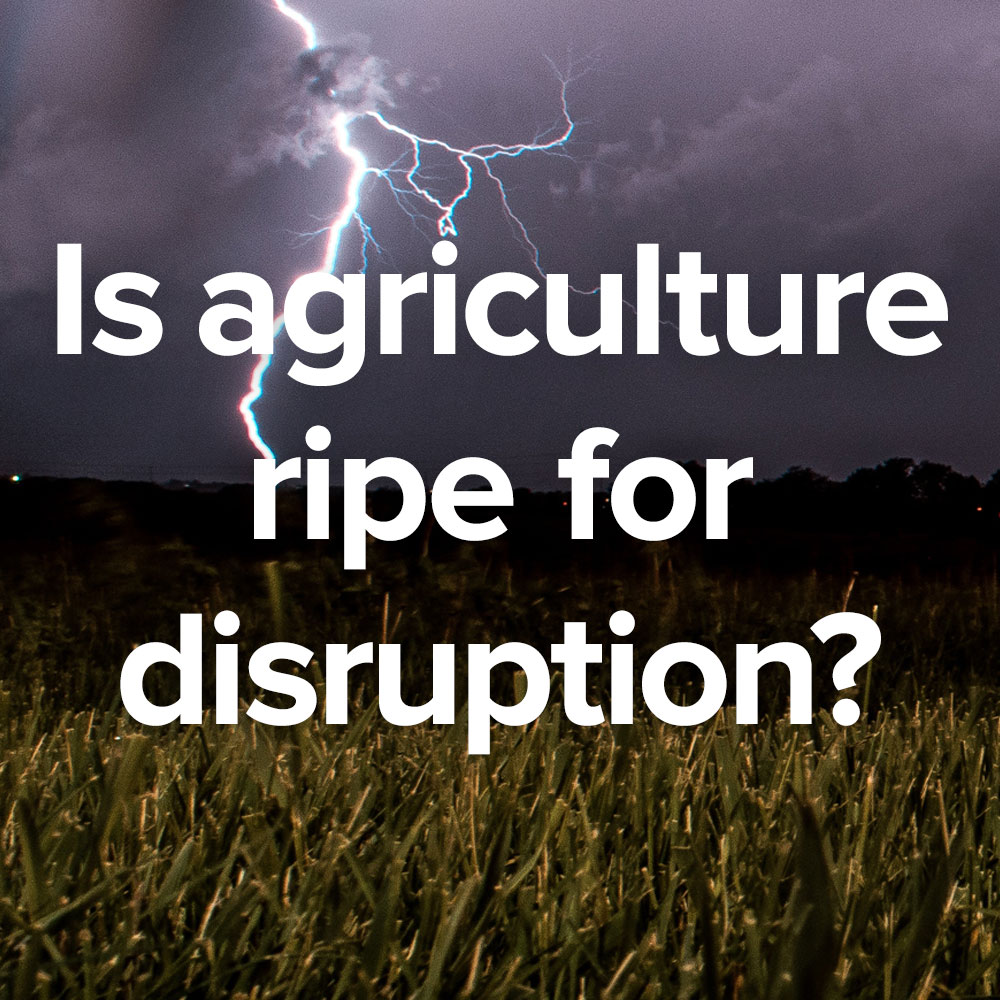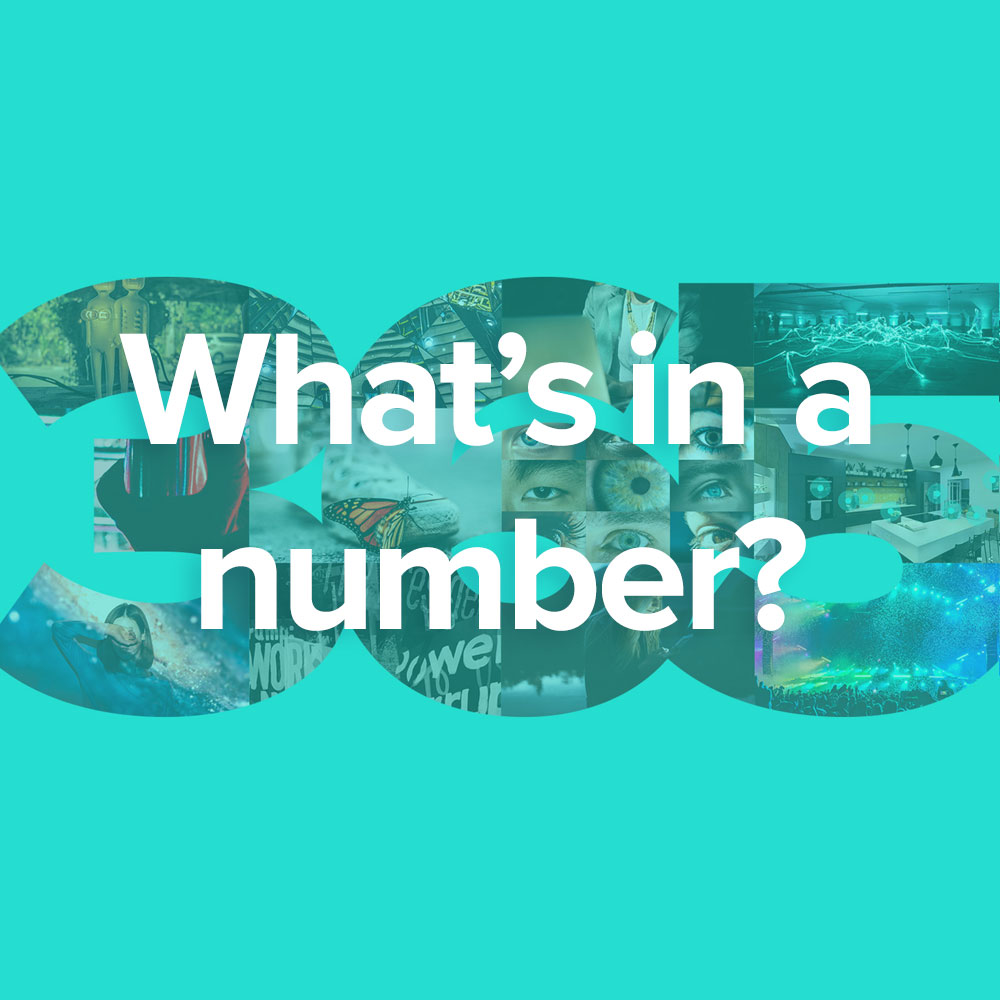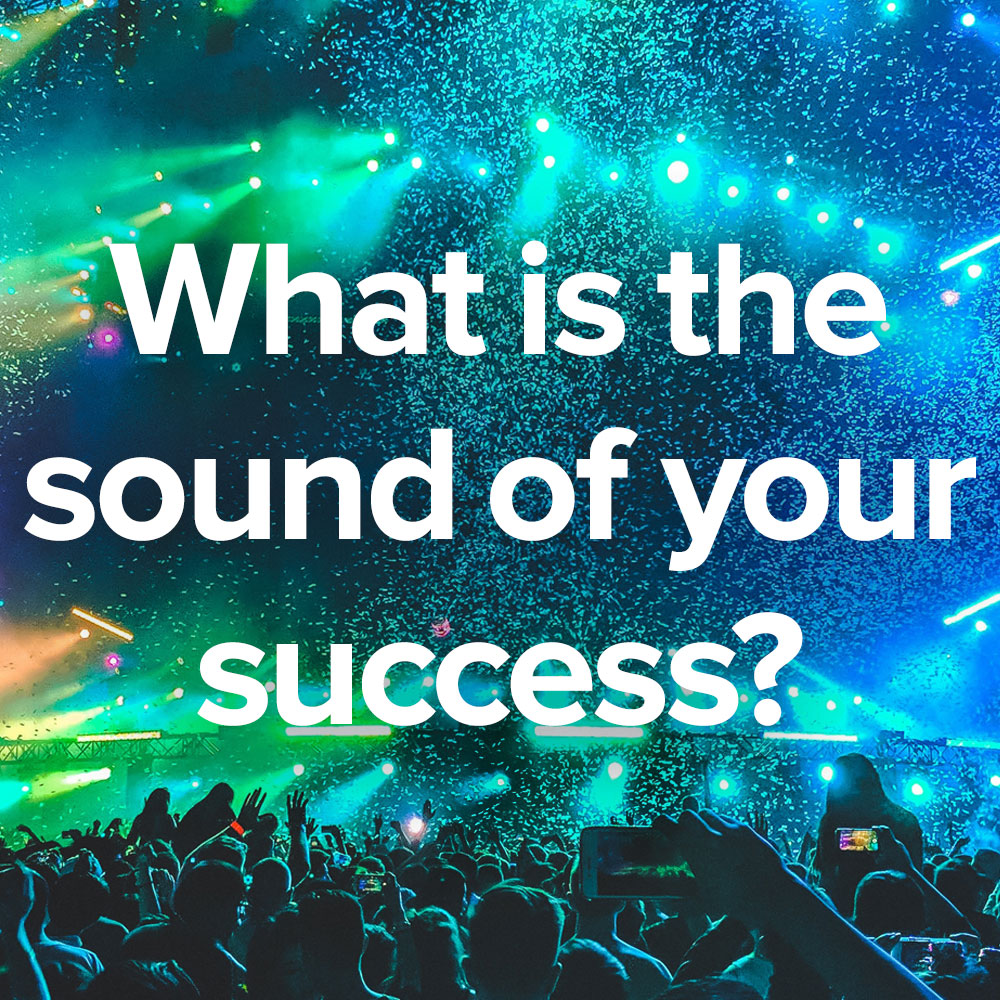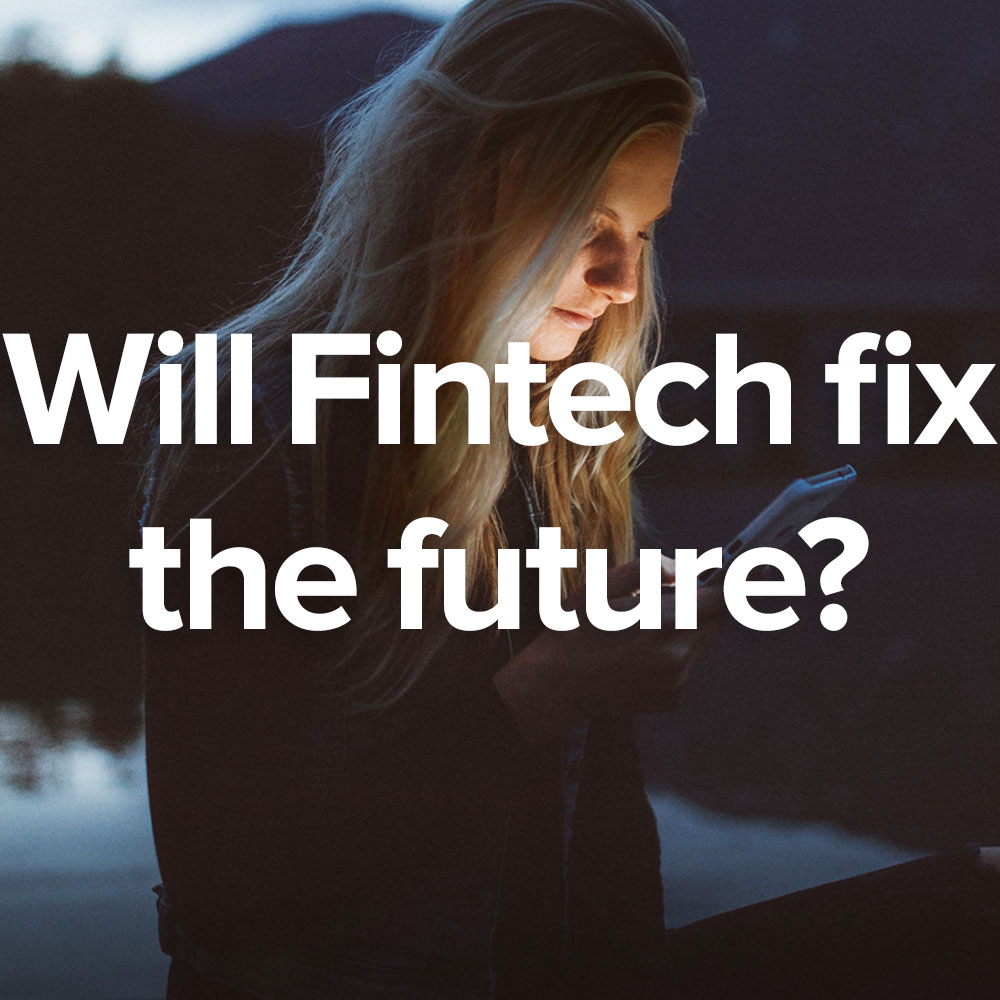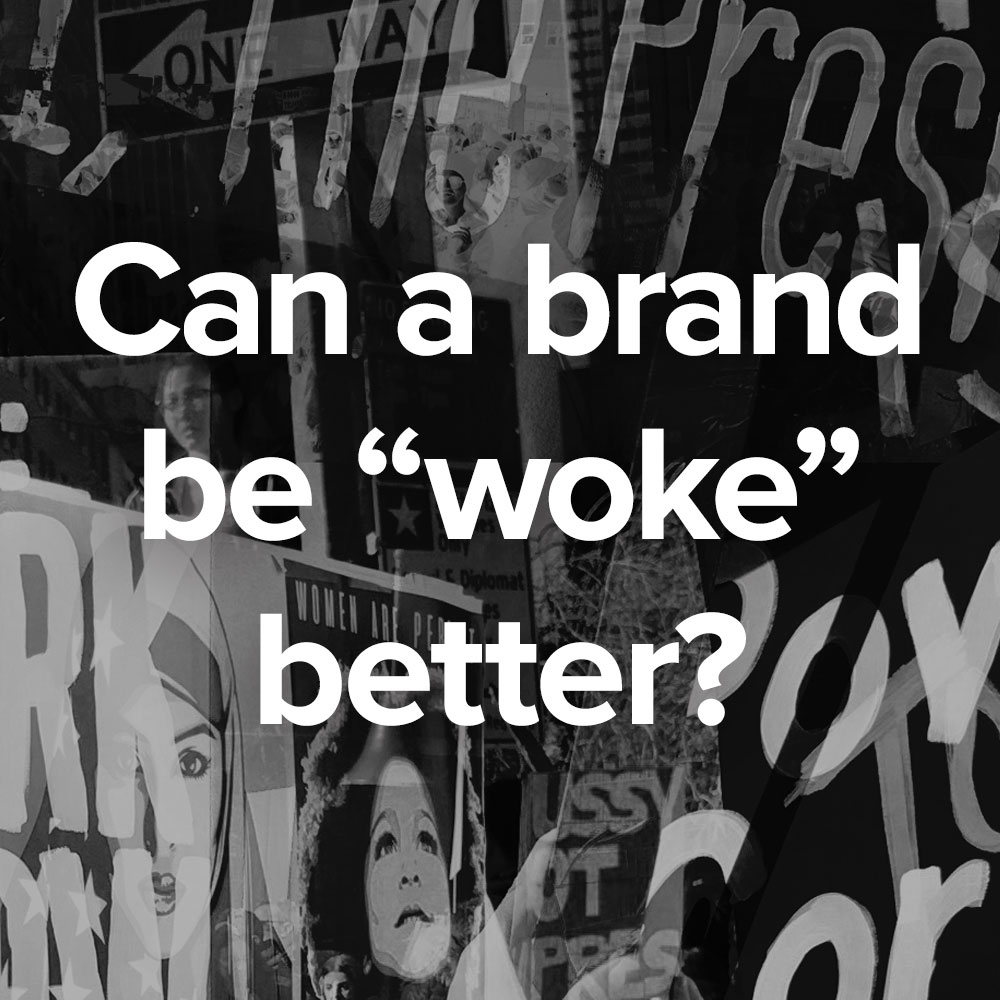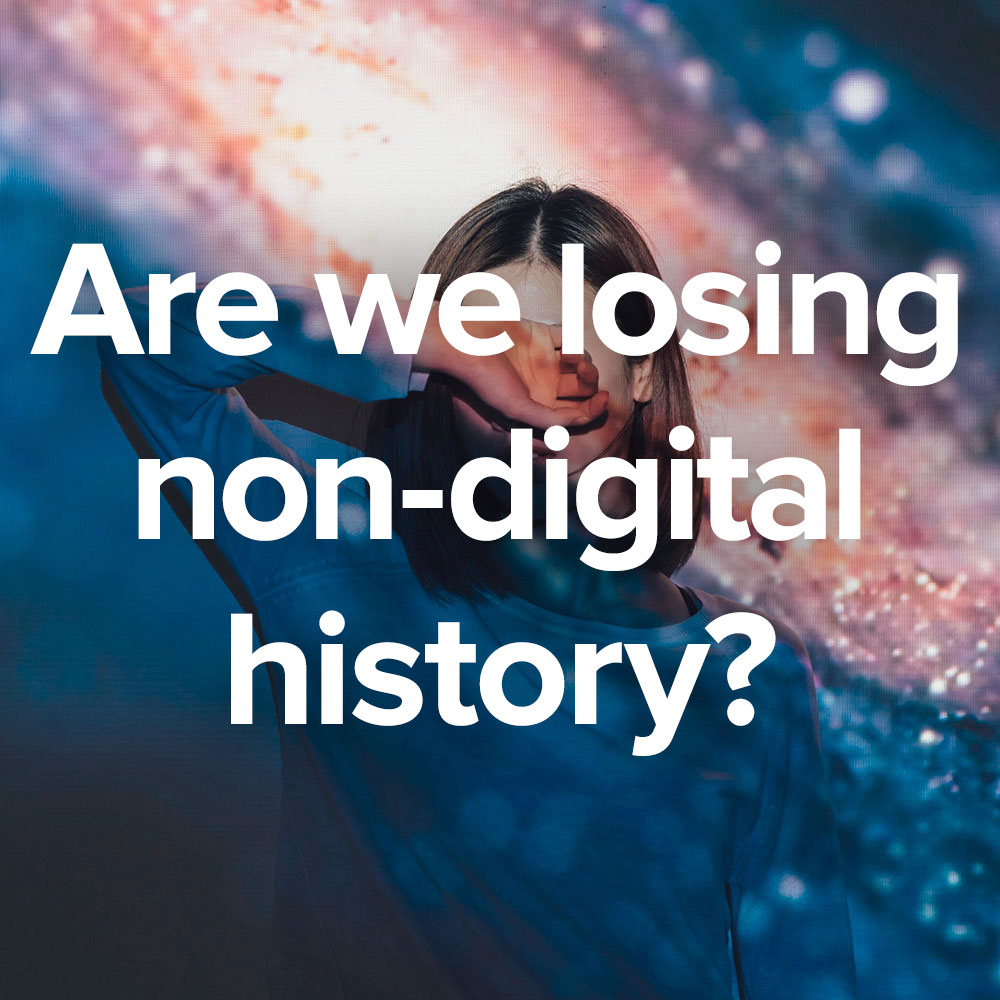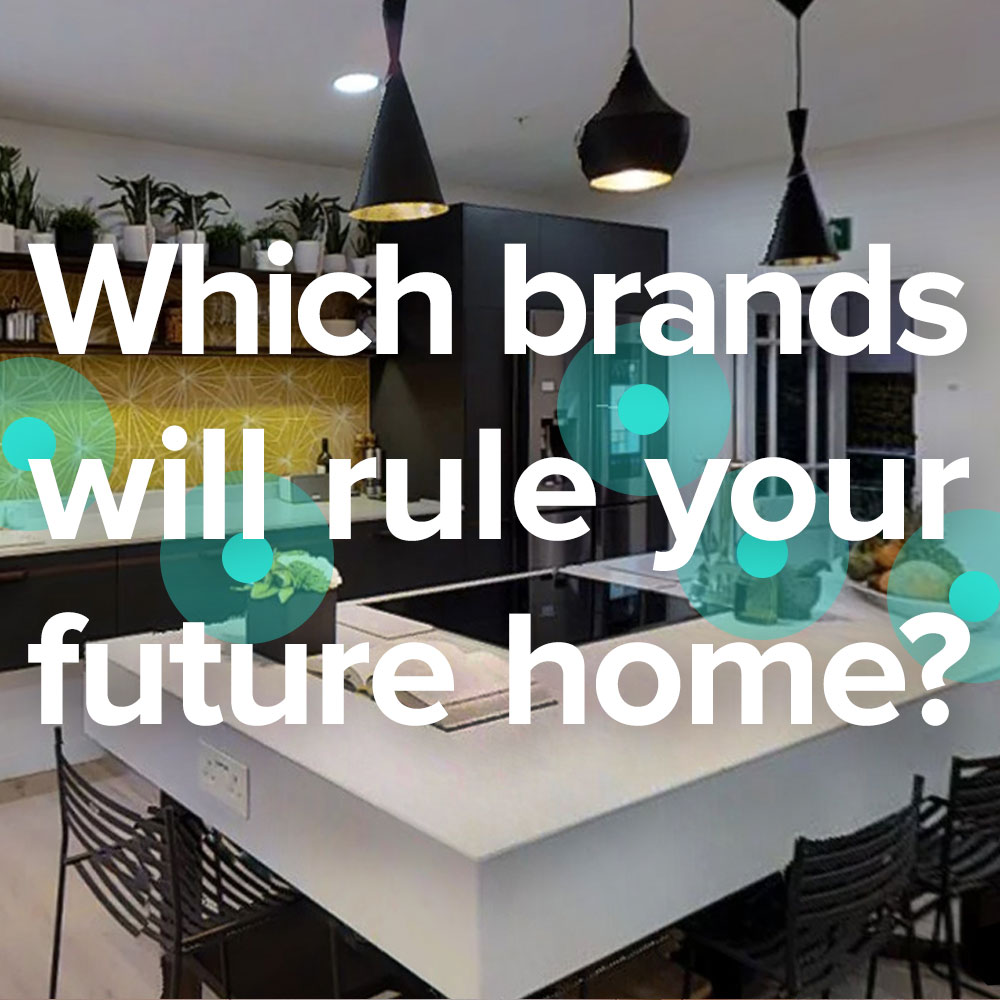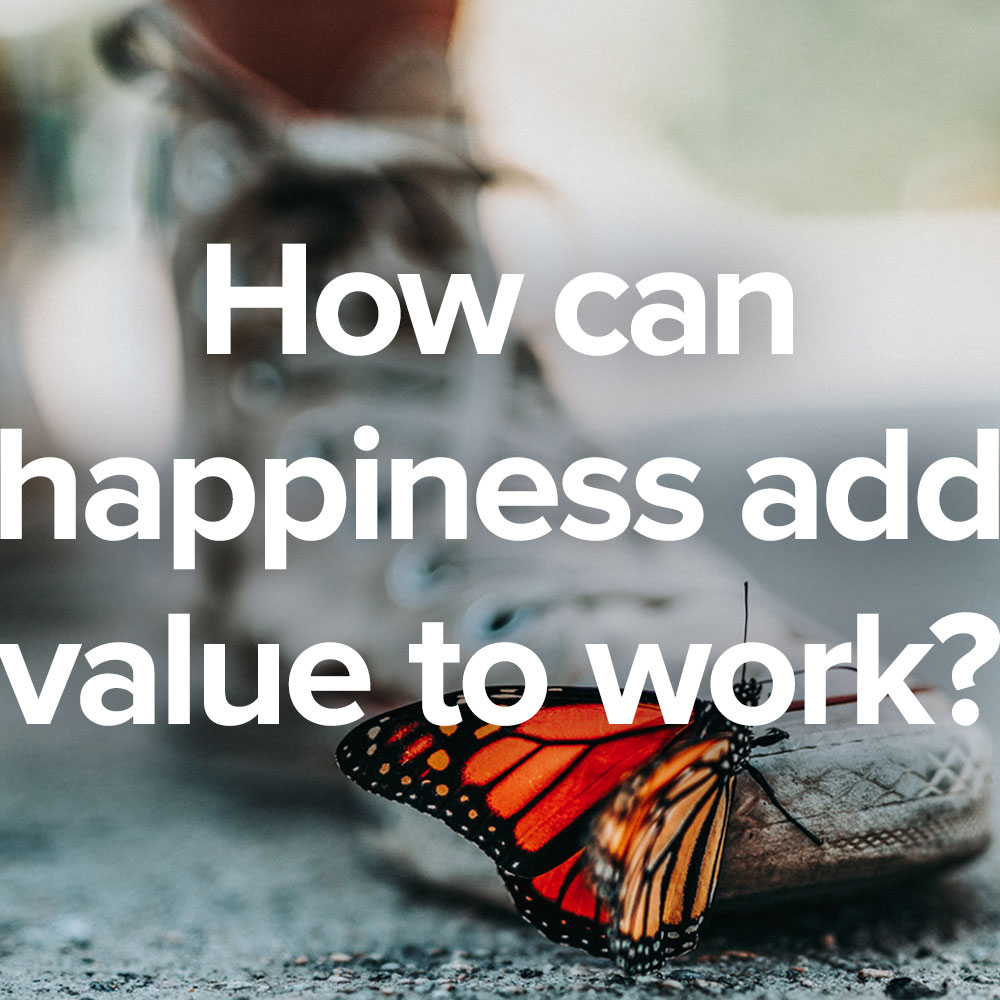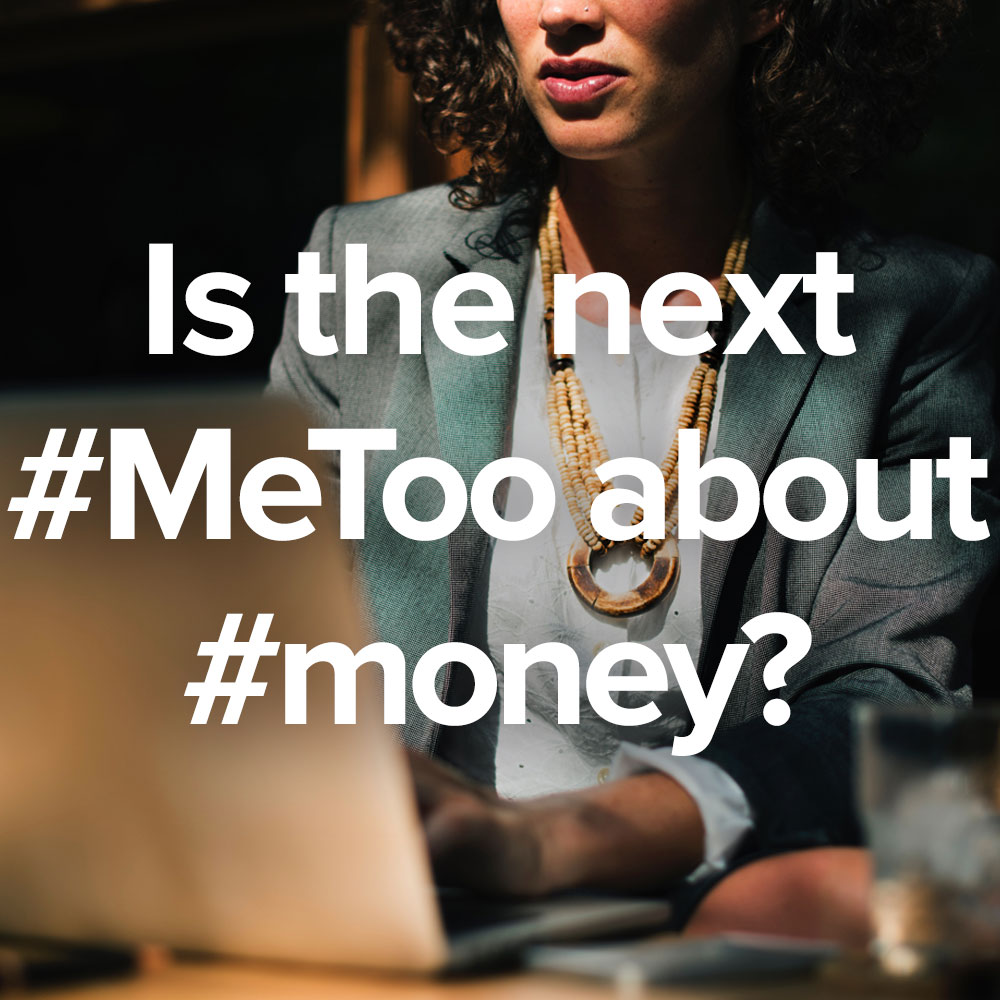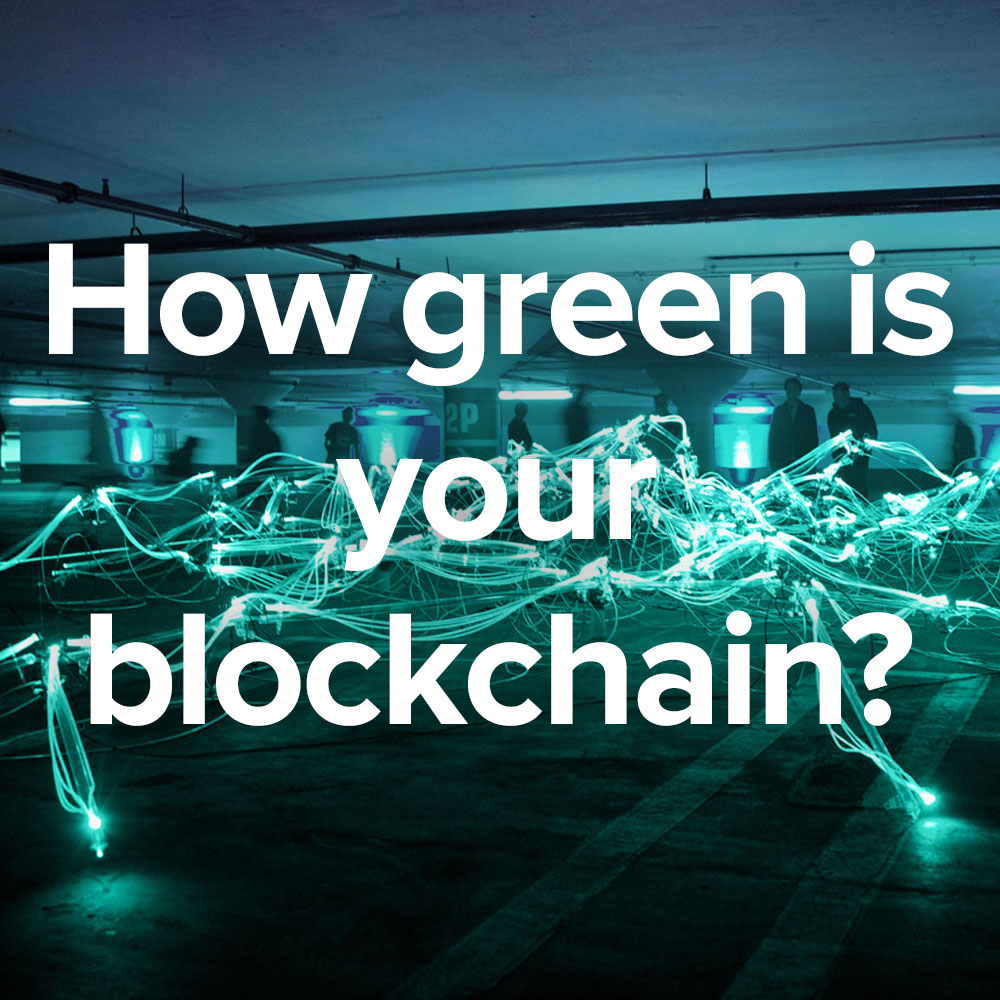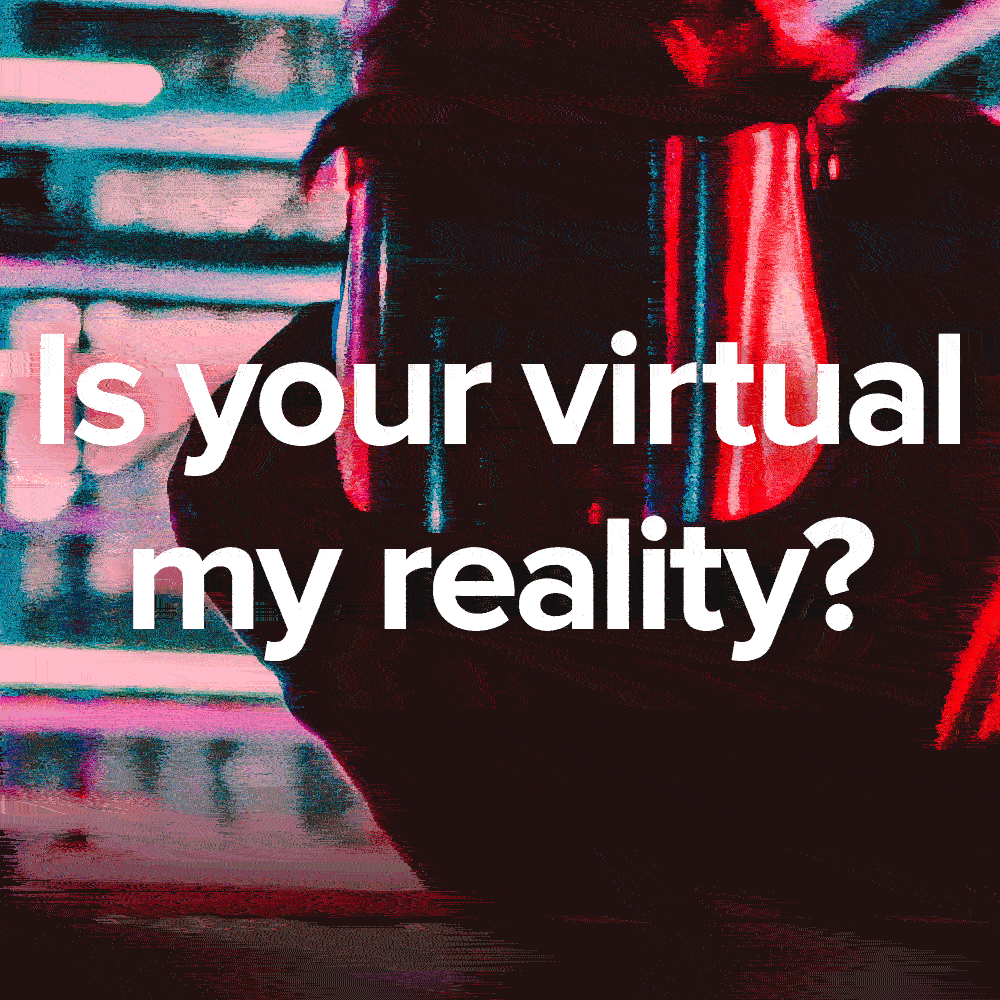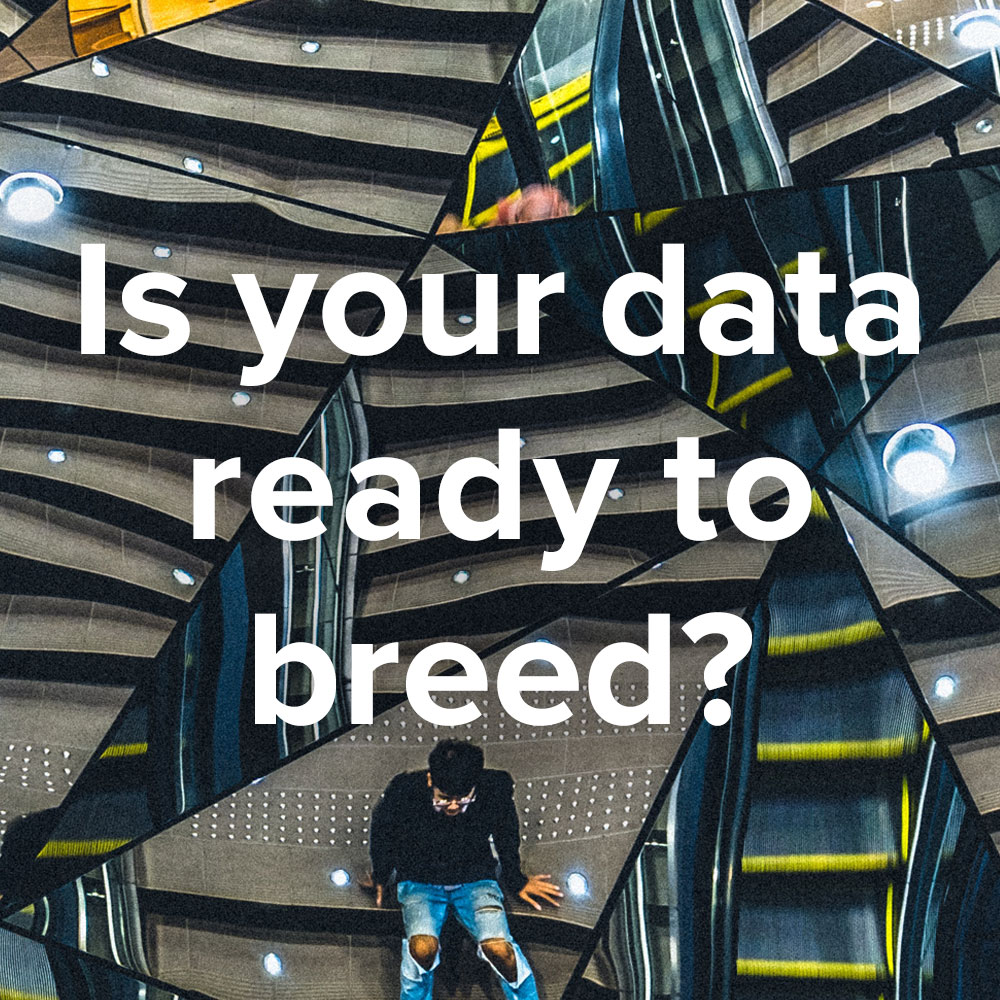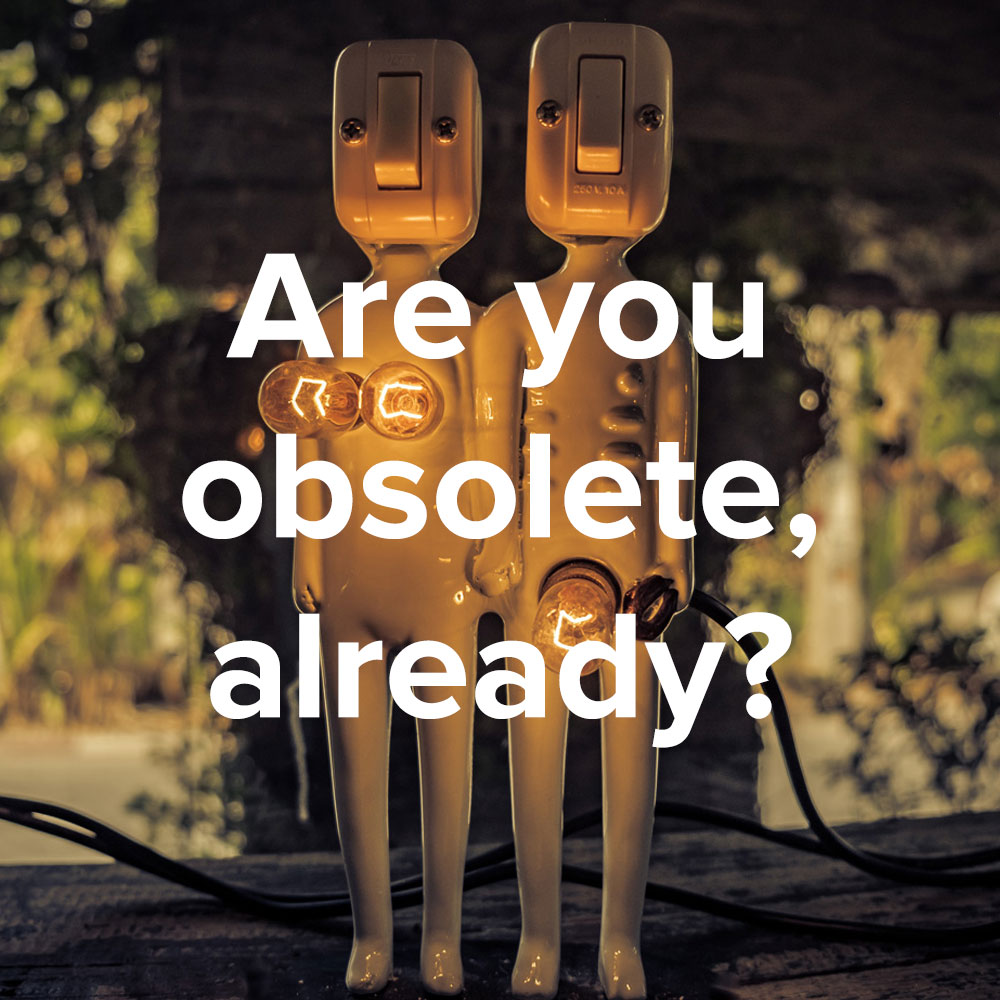“_________”
Adam on Social Media.
I think what we see now is humanity coming back. And I think it’s probably a counter-culture reaction, that if you can triangulate technology, creativity, and humanity, and if you are in it long-term, and you can prove that in everything you do, I think you see a shift from how brands behave.
— Adam Kerj
CCO at Accenture Interactive Nordics
— Our lives are really a set of discrete journeys, many running simultaneously. From the day you are born to the day you die. From the day you meet someone special to the day you part. From the day you get your office security badge to the day you give it back. From the day you first lay eyes on a product, a team, a band, an author, to the day you abandon it for something newer and sexier. Adam Kerj specializes in journeys. He can’t sit still (figuratively and literally; we managed to squeeze in our interview as he took the train to Stockholm Arlanda Airport for a flight to Hamburg). As Chief Creative Officer of Accenture Interactive Nordics, he takes companies and their consumers on all sorts of trips (or experiences, if you prefer). Lately, he’s been shepherding a project called Memory Land AI on behalf of a Stockholm energy company. The project introduces the elderly of the city—often isolated and lonely—to someone who can keep them company and bring some warmth into their lives. Ok, sure, the someone is a disembodied voice coming out of speaker, but don’t jump to conclusions. The voice is actually Artificial Intelligence at work, and it can carry on a real conversation. Creativity and technology engender trust, and the result is a verbal memoir of the older person’s life. Everyone has a story. Everyone has a journey.
Don’t stop believin’.
Let’s talk about trust, and about storytelling, and about trust in storytelling. Trust in the platforms that brands use to communicate with their audiences, and in tech at large, not such a great look there these days. And now we’re headed into the home stretch of the four-year American presidential cycle, and the issue of trust is going to come up again and again in the election. It’s really the core argument: you trust Mr. Trump, you trust that the Russians won’t interfere with the election, you trust things that you can’t see the inside of, or you don’t. From your interactive-industry perch in Stockholm, what do you make of the whole thing at this point?
Adam — Let’s say for starters that here, we switch between CNN and BBC, we closely follow everything that’s going on there, and it’s such a vast issue for society as a whole, and it has so many different implications. One is that now we, as consumers, are starting to realize that there is a value exchange between us and the social media platforms, which I look upon more as publishers these days, if that makes sense.
With the transparency issue, and the trust issue, it’s going to quickly change how brands behave. It’s happening right now. It’s permeating everywhere. Everybody’s worried. There is a huge backlash. And I think maybe we’ve only seen the tip of the iceberg now as far as the value exchange, and where is my data, what is being tracked, how much, and what did they do with that?
And so, we will see a shift where the value exchange changes rapidly. As far as opting in on services, people will be more cautious; people will want to get a better value exchange for giving up their data. Remember, you can sway democracies. There can be all kinds of third-party treatment of that data. You don’t really have a clue where it’s going.
What are the implications for brands?
There’s a lot of work that needs to be done for brands to restore that trust. And the big tech companies now, they have a lot of work to do as far as changing their behavior. There has to be a constant new dialogue happening in the social space.
“If, let’s say, the private sector will have to fix a lot of things that are an issue in our everyday lives, whether it’s making appointments, or unemployment, or gender, or equality, I think the trust issue goes to the root of everything. And I have no idea how to fix it.”
Can trust be restored, period? And who can we, well, trust to do that?
A lot of people think that society won’t fix the major issues that we are facing right now. They don’t really trust governments, states, authorities, and organizations to fix the problems that are really important for us as a society and humans to fix. And as people tend to look at companies and brands to fix things, there’s an even bigger challenge. If, let’s say, the private sector will have to fix a lot of things that are an issue in our everyday lives, whether it’s making appointments, or unemployment, or gender, or equality, I think the trust issue goes to the root of everything. And I have no idea how to fix it.
You’ve run into this issue with your Memory Land AI project, correct?
Right, especially with the Artificial Intelligence portion, where the software is capable of having a conversation with the people telling their stories. We decided to take that experience off the cloud so nothing gets into the cloud, and we went with encrypted local servers, because it’s really about human stories, and the lives of people, and stories that haven’t been told. A year or two ago, we would probably have had that experience in the cloud. I think we’re going to see a lot of new solutions as well from companies as a value proposition.
It’s going to be tempting to make those new solutions one-size-fits-all.
Just as we are becoming more experienced with, and more loyal to, more bespoke, hyper-personal, personalized messaging and content. That just shows how big that challenge is. There is that value exchange that you really have to resolve, and be transparent about, and make that data much, much, much more valuable.
One that really unnerves me as a user, as a consumer, is when I type something of random interest to myself into a search engine, and then on some other website 10 minutes later, there’s an advertisement for a product in that space. I don’t want those ads coming. That’s the equivalent of a push notification, and I don’t want that. And yet, when you’re talking about a value exchange, there’s an element where the consumer becomes a bit of a mercenary. I can be bought.
Yeah, yeah.
“There are so many technological advances now that we can create experiences in a consumer journey. That doesn’t mean that we are in a consumer journey 24/7, maybe just one minute in the daytime that you’re actually interested in something. But you’re more or less being treated like you are constantly looking for things to buy, which is not true.”
I will give you so much of me in return for so much of you, and different people are going to want different levels.
I agree with that. And because of a lot of these ad networks, and ad tech, and platforms, and the syndication of the big players and how they really cover all ecosystems, it doesn’t really matter what platform you are on, you will be tagged anyway based on more and more refined technology and AI pattern recognition.
I can avoid a lot of advertising, I suppose. Exactly what brands don’t want.
The advertising industry is a skippable industry, right, almost, because it’s so easy to not engage with it. And I think brands are at a tipping point where everybody’s really talking about purpose and authenticity, and really looking at the consumer as a person. How do you actually create a sustainable ecosystem that will treat you with respect then as an individual based on what you truly want to see, when you want to see it, where you want to see it, how you want to see it.
Technology? You want me to trust the very thing I don’t trust?
There are so many technological advances now that we can create experiences in a consumer journey. That doesn’t mean that we are in a consumer journey 24/7, maybe just one minute in the daytime that you’re actually interested in something. But you’re more or less being treated like you are constantly looking for things to buy, right, which is not true, far from it.
Let’s focus on the positive for a second. Who do you think is doing it right at the moment? Are there any brands or platforms that have made good things happen?
There are so many things that we do during a day in our lives; the scarcest resource today is time. If you want somebody to take a break from Netflix binge-watching, to be interrupted by a platform or a brand, I think the quality and the level of that entertainment or meaningful experience has to be pretty darn high.
Fortnite is one that is doing really, really interesting things for its ecosystem. What’s happening on Fortnite is that it’s a cultural phenomenon. (Watch comedian Trevor Noah play Fortnite for the first time with Ninja.) It has its own language. It has its own memes. I mean, it’s completely different cultural movement. Brands, rock bands, whatever it is, they go into that environment, and they launch new products, or they drop new shoes, or a band has one concert on an island, or they will release one single of their new album. I think that you really have to have platform-specific content and services, and you really have to understand the cultural context of where you are instead of having kind of matching-luggage messaging in this algorithmic society that we live in.
“The scarcest resource today is time. If you want somebody to take a break from Netflix binge-watching, to be interrupted by a platform or brand, the quality of that entertainment or experience has to be darn high.”
Brands have to be more discerning, then, that might be instinctual?
You really have to understand the platform that you’re in and how it works. When do people use it? Does it make sense to do this, just because we can? Well, maybe it doesn’t, really. And you have to really explore the creativity and the possibilities within each platform.
The creative nexus of trust and storytelling, meeting at the crossroads of technology.
In the creative space right now, if you have both systematic thinkers and really great storytellers, you put the two together, find what’s possible, and then ask, how do we simplify the story from a cultural context? The platforms that do that well, or the brands that do it really well, I think they look for that cultural friction. They look for that intersection where these elements collide. The brands that are doing it really well, whose experiences are really meaningful, they are better understanding who you are and what you are doing there.
Is that even a manageable mountain?
Well, let’s just quickly look at the role of the Chief Marketing Officer, which has changed dramatically over the three, four, five years. It’s so many short-terms, key performance indicators, and objectives, so on one hand, it becomes a very transactional role, and very data-driven role, in the short-term. And then on the other axis, it’s that brand experience, the brand value, the purpose. The CMO role has become so complex today because of all the platforms, the technologies changing constantly, and consumers’ expectations are changing even faster.
If you don’t really understand that, and I would say that few creatives and agencies do, they understand the basics of it, but they don’t really understand the nuances. And that’s an issue today—because ad tech and ‘getting as many eyeballs as you can to an experience’ doesn’t make it a genuine, meaningful experience, but on the dashboard or in the media it looks like you’ve hit every KPI because the data says so, and everything is data-driven today, and the metrics, et cetera.
“You really have to have platform-specific content and services, and you have to understand the cultural context of where you are instead of having kind of matching-luggage messaging in this algorithmic society that we live in.”
Finding a balance...
It’s such a fast-moving world, where you are constantly battling between long-term, short-term, brand experiences, versus sales. And so the CMO role is incredibly complex today, and much more today as an orchestrator, they’re much more as a conductor because if you look at five years ago, there weren’t that many things that affected a brand experience. Today, let’s say if you are a CMO, you have 10 new people in your organization, that directly impacts the brand experience, so you have to connect with them all the time. It’s sales, it’s the website, it’s logistics, it’s IT, it’s AI, it’s the brand people, it’s the marketing people, it’s the sales people, et cetera.
Some brands have shifted their whole internal setup of how to understand consumers, where they are, what do they want more of, what do they need less of, and in that space, can you and how do you create these bespoke experiences, rather than traditional communication, because that’s not really interesting communication unless it gives you something. It has shifted the whole dynamic of how brands should behave.
So i’s got that generosity, and that empathy, and that understanding, and the meaningfulness of what role does this brand want to play in my life, given that I have, maybe, okay, let’s say I have two minutes a day to spend on this with them, and hang out with them. What do you guys want? That puts a completely new, different filter and criteria in play, and understanding of technology on one hand, creativity on the other hand. I think what we’re seeing now, at the core, it must be humanity. I think what we see now is humanity coming back, and I think it’s probably a counter-culture reaction that if you can triangulate technology, creativity, and humanity, and if you are in it long-term, and you can prove that in everything you do, I think you see a shift from how brands behave.
Humanity is a noble goal, but for a brand, noble goals are a bit more time-consuming and expensive to meet, aren’t they?
We still want everything in real-time. We still want the delivery 24/7. And so, it’s a challenge for everybody. What the consumer wants versus what’s good for society and our environment.
What can agencies do to further the evolution?
In our industry, we have a completely new role of looking at how can we be a much more valuable advisor and partner to companies and brands to not only move their businesses forward, but their reputation, their employees. How do we motivate them? And I think deep down of that, and this is going back to the trust issue, that’s also part of this whole “how do we, as a company, what do we believe in?” What do we stand for, and how can we prove it all the time in everything we do? That is a big challenge today.
I feel like brands instinctively would, as the expression goes, rather beg for forgiveness than ask for permission.
Yeah, absolutely. Absolutely.
And I’m not sure that that’s a winning strategy going forward. The whole Russian thing, and the Facebook, and the privacy, they’re all tied together. And a lot of brands and marketers are very innocent in this, and the relationship between the brand and the consumer becomes collateral damage, but it’s real. It’s real. It has to be dealt with.
It is real, and I think it’s real because nobody, nobody could have anticipated this explosion. Let’s look at the early stages of all the social platforms. Nobody could’ve anticipated that 2 billion people would be on a platform. And so even though many, many services or social platforms definitely start out with a great idea, they aren’t geared up to really mitigate what would happen if this, and this, and this happens. Now there’s a debate about whether companies are responsible solely for delivering shareholder value, or are there more things, too, that you have to deliver as a company, other things.
“Creativity looks nothing like it used to three, four, five years ago. An idea and experience today, could almost look like anything.”
You’re a creative but also a manager. Sounds like you love the challenge.
It’s super, super interesting to be in the thick of it because creativity has changed with this. Creativity looks nothing like it used to three, four, five years ago. An idea and an experience today, it could almost look like anything. You really don’t know when you want to start ideating, or going into creating experiences, it’s really hard for anyone in the room to say, “I think we’re looking for something like this.” Because creativity could be anything, and creativity has always been formula-resistant, thank God.
I think that what we see now with the backlash of trust, and transparency, ad tech, and to a certain extent media, and retargeting, and what you were saying earlier that as soon as you even just talk about a thing and then you’re getting ads chasing you forever and ever, I think there are certainly really new ways of looking at what’s meaningful experiences.
Let’s use that as a contextual segue into the Memory Lane AI project, right. Now, you’re doing this for, I believe, an energy company, is that correct?
Yep, yep.
“If there was a voice assistant in your home that you could talk to, would that make you feel less lonely, make your life more worthy? Would you feel that you have a bit more context if you could tell your life story, if we captured and shared it with the rest of the world? Would you be willing to take part in the Memory Lane project? And the answer was: Absolutely.”
Okay, so you didn’t just throw this out there into the world. You threw this out there into the world on behalf of an energy company. Connect these dots for me.
The company’s called Stockholm Exergi, and it’s the No. 1 energy provider for the people of Stockholm, and they’ve had in their social sustainability strategy for a number of years now that they want to make Stockholm a little bit warmer for everyone. And so, I created a program for them, where we went out and looked for young adults who for different reasons have big issues getting into the job market. That was one idea that we did a year ago. And then the CMO came back and said, “Well, look, Adam, we are engineer-driven. We have a strong engineer culture here. I want to keep building on our social sustainability strategy. I’m also really interested in technology and if technology can contribute to society. Is there any way that this would be possible for us as an energy company to keep building on this strategy that we are making society a little bit warmer?”
That was an amazing challenge, really, a big, super curious and inspiring challenge. I reached out to a couple of people in my organization, and in the south of France, in Sophia Antipolis, these guys are one of our R&D hubs. And they are deeply involved in the latest advances of AI. And we started talking, and they had an idea that they’d been tossing around, and they’d been actually building it, tearing it apart, and building it from the ground up for over two years. And that was at the same time the whole voice ecosystem and the creative opportunities within it exploded.
Timing is everything.
They said, “Well, there’s this thing that we have, a reversed voice assistant.” And what that means is that it’s actually changing the roles of, as a human, how you interact with it. You’re not just asking it a question. It will ask you about you, your life, your memories. And so that immediately kind of just sparked that value proposition.
There’s give and take?
The AI can actually drive a meaningful conversation. Meanwhile, we all know, growing up in Stockholm, that it’s one of the loneliest cities in the world. About 25% of the city is single-household, and a lot of those are lonely elderly people. There’s a big, big, big debate about retired citizens and the elderly folks finding themselves in unwanted loneliness because they don’t have a family close, or they don’t have a family. The political system isn’t able to take care of healthcare as we used to; the elderly could have somebody visit them on a daily basis, but that doesn’t really exist anymore because the costs are too high. Couple that with ageism in the job market, and there is a lot of debate going on about our aging population.
So, this was clearly a rich territory to see, could we in any way, under this, do something to make Stockholm a ‘warmer place’? Well, let’s go out and talk. We did a lot of research, went out and talked to a lot of elderly people, senior citizens, doctors, to see could they imagine having artificial intelligence to speak to and ask them about their lives? Would that be possible?
The elderly didn’t turn away from the high-tech?
Contrary to what a lot of people think, older people are not at all as tech-averse as people think. They love engaging in technology. It makes their lives a little bit easier, a little bit better, a little bit more meaningful. They have iPads. They go online. Ingegerd, who’s one of the principals, she’s 101 years old. She goes online all the time. They adapt to new technology. So, knowing that, the threshold of engaging with new technology was not a problem, not even with artificial intelligence.
How did you frame it?
We said, if there was a voice assistant in your home that you could talk to, would that make you feel not only less lonely, but would that make your life more worthy? Would you feel that you have a bit more context if you could tell your life story, if we would capture that and put that out there, and share it with the rest of the world? Would that make sense? Would you be willing to take part in this project? And the answer was: Absolutely, absolutely.
Stockholm Exergi wanted to continue to show that it was really serious about making Stockholm more inclusive. Look at all these elderly people that you meet every day when you go to work, and when they’re coming out of their apartments. You have no idea who they are. You have no idea about the lives they lived. Ingegerd, for example, she had been in the Second World War. Unbelievable story that nobody knows. Bjorn was in the Pride movement in Sweden and is in the first LGBTQ community housing project.
Working with researchers, doctors, and these elderly folks together with this whole new world’s first reversed voice assistant, it was kind of just a magic moment that we almost stumbled upon each other, right. It was beautiful.
But we still had to ask, does this make sense for an energy company? Well, look at the role of this energy company, creating sustainable new neighborhoods that are popping up everywhere in Stockholm at a time when there are so many polarized opinions out there in the world. Nobody cares, really. Nobody has time to talk to elderly people. Well, we were going to make their voices heard, the ones that have struggled or worked the hardest. And we know that everybody has a great story. So, let’s hear it. What’s your story? And so, it made sense for us and the brand.
Is it a one-off brand experience or are you going to develop it further?
We’re doing the next phase now, where we are going to take the experience, physically, on a road show, so that more Stockholmers can experience it in nursing homes, and elderly assisted homes as well, and we’ll have a podcast that brings these interesting life stories to the people of Stockholm. Listen to old people, they have brilliant, amazing stories. They should be included in our society. Let’s give them a voice.
And as a company, we believe in this because these are our customers. These are the people that we actually deliver heat for, so that they can take a hot shower in the evening, or we make the recycled water in the radiator so that they have a decent temperature at home. So, it comes full circle into the product and service offering, and eventually you can see that they also can create bespoke products and services for old people, or for students, or for young people. It’s such an old-school industry that needs to look at society, look at what the consumers, how they live their lives. What do they want as a service? What do they want as a product, et cetera?
Voice is kinda old-school in this world, in a way.
But voice is kind of a natural way for people to talk about their lives, because voice has this...I mean, we’ve always been a tribe that tells stories to the next generation, and it comes naturally for us. And so, I think what voice enables, and this reverse AI gives, is a much easier experience, if they want. We also know, from a lot of research, that if you don’t have anybody to talk to on a regular basis, depression and the early stages of dementia enter the picture. We know that there are suicides in this elderly community. The project allows us to contribute a little bit to society in a small way that we think that makes sense.
Tack så mycket Adam and enjoy your journey to Hamburg.

